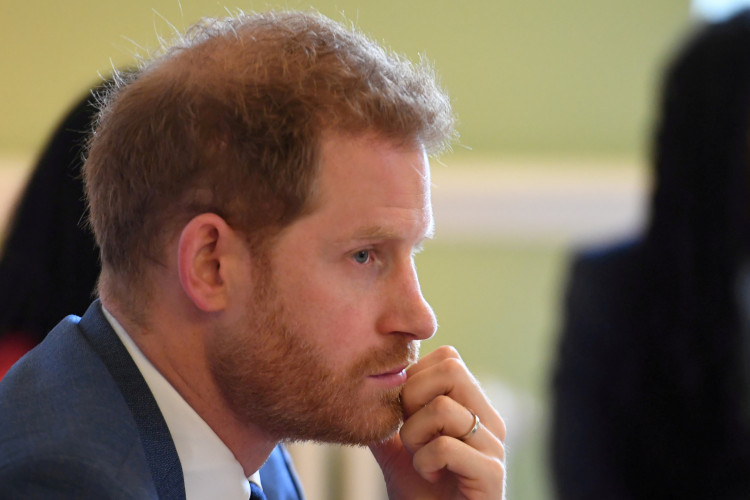Prince Harry has lost his appeal against the UK government's decision to revoke his taxpayer-funded police protection during visits to Britain, concluding a multiyear legal battle that the Duke of Sussex said left his family's safety in jeopardy. The Court of Appeal on Friday upheld the Home Office's 2020 decision that security for Harry and his family would be provided only on a case-by-case basis.
A panel of senior judges-Sir Geoffrey Vos, Lord Justice Bean, and Lord Justice Edis-ruled that Harry's arguments did not amount to a valid legal challenge. "I concluded, having studied the detail of the extensive documentation, I could not say that the duke's sense of grievance translated into a legal argument for the challenge to Ravec's decision," Sir Geoffrey stated.
The Executive Committee for the Protection of Royalty and Public Figures, known as Ravec, decided in 2020 that Harry, who stepped down from royal duties that year, would no longer receive automatic protective security. Ravec, which operates under the Home Office and includes representatives from the Metropolitan Police and Buckingham Palace, implemented a "bespoke" assessment process for the Sussexes' visits instead.
At a hearing last month, Harry's counsel Shaheed Fatima KC argued that he was "singled out" and subjected to "inferior treatment," with his life placed at risk. "There is a person sitting behind me whose safety, whose security, and whose life is at stake," Fatima told the court, pointing to threats from terrorist groups including al-Qaeda, which she said called for Harry's assassination.
Harry claimed that the decision had left him unable to safely return to the UK with his wife Meghan and their two children, Archie and Lilibet. The Sussex family has not traveled together to the UK since 2022, when they attended Queen Elizabeth II's Platinum Jubilee.
The court acknowledged that the duke felt "badly treated by the system" but ruled the security decision logical and appropriate. "It was impossible to say that this reasoning was illogical or inappropriate, indeed it seemed sensible," Sir Geoffrey wrote in the opinion.
Harry attended both days of the April hearing in London and was present when the court moved into private session to review classified security information. Following the judgment, he said in an interview with The Telegraph, "People would be shocked by what's being held back... [my] worst fears have been confirmed by the whole legal disclosure in this case and that's really sad."
The Home Office opposed the appeal, stating that Harry was no longer a working royal and thus no longer part of the group whose security status is under constant review. In written submissions, Sir James Eadie KC argued that Ravec treats the duke in a "bespoke manner" better suited to his circumstances and that his appeal involved "a continued failure to see the wood for the trees."
The original 2020 decision also rejected Harry's offer to personally fund police protection. Since moving to California, the Sussexes have relied on private security. Harry has suggested that the Ravec decision was an attempt to discourage the couple from leaving their royal duties, though Buckingham Palace sources have denied this, and the palace has declined to intervene in the case.






